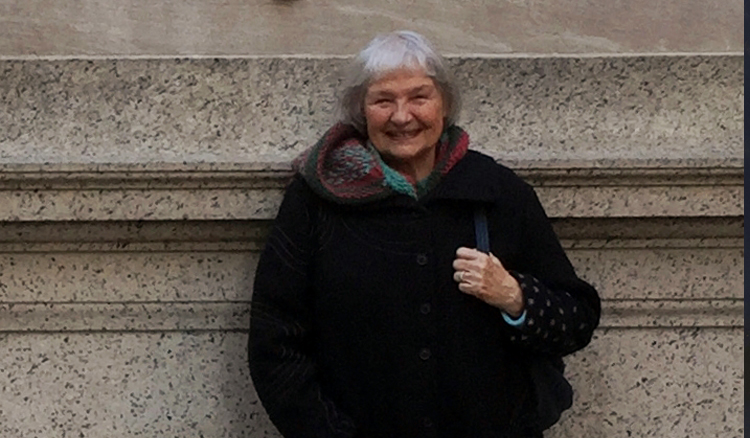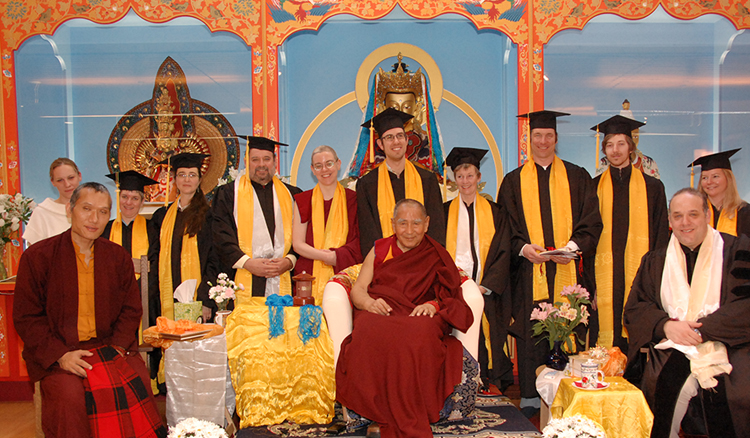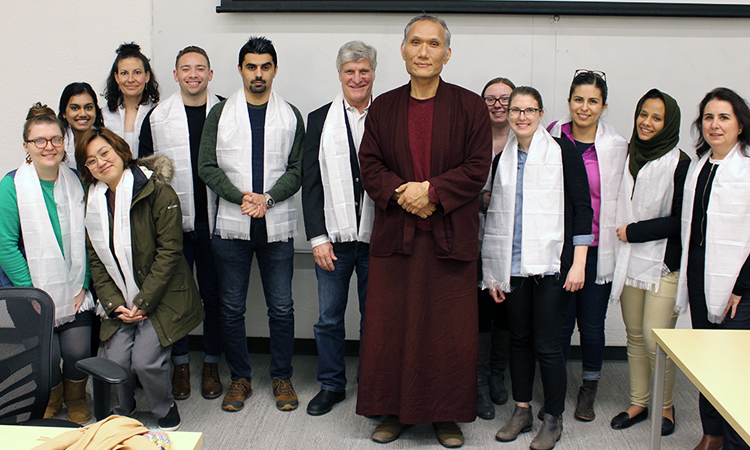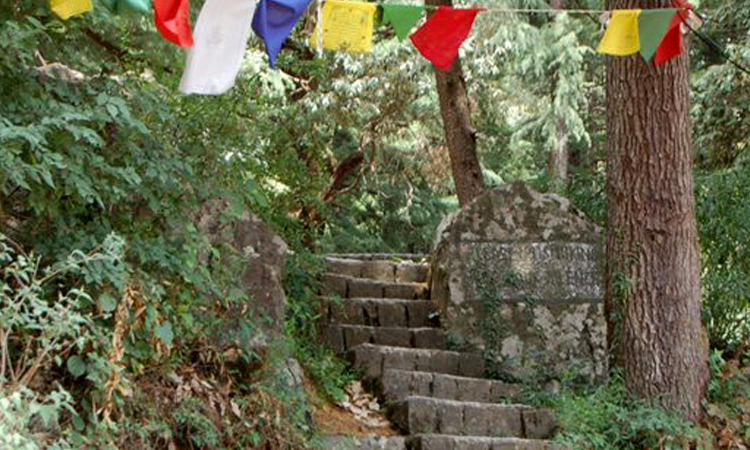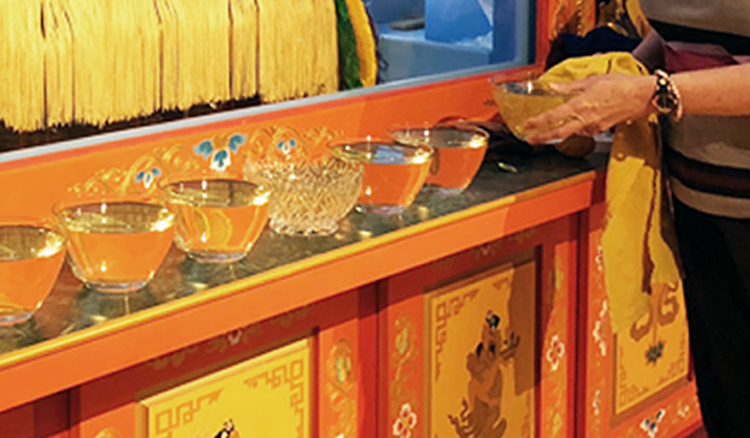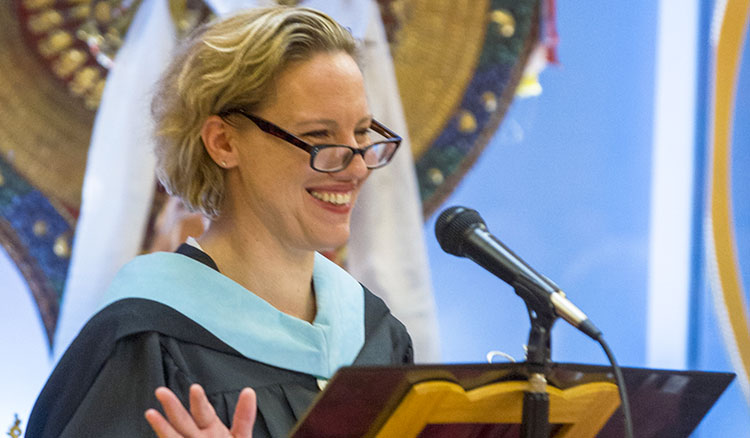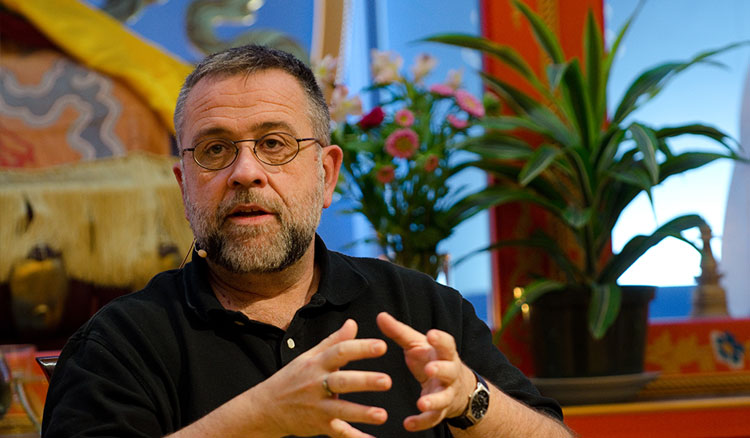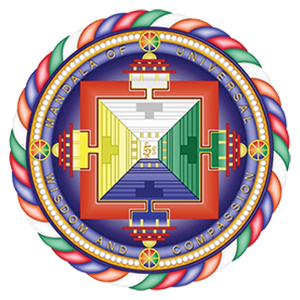Exploring Emergent Spaces for Spiritual Care on the Frontlines of Social Justice
by Dr. Leigh Miller, Tulsi Strickland, and Sonia Arion
Increasing awareness of the impacts and pervasiveness of concurrent pandemics in the United States is leading or forcing many into collective grief as well as a need to act. For some, this means becoming an activist, but others find that spiritual grounding and vision fortifies them to skillfully support persons in social justice movements. This article describes an emergent new space for serving others with the arts and skills of spiritual care: Movement Chaplaincy.
(Lapis 15; August 2021)
Increasing awareness of the impacts and pervasiveness of concurrent pandemics in the United States–Covid-19, systemic racism, the sharp rise in hate crimes and ideologies that lead to harmful discrimination, abuse, exploitation, and violence–is leading or forcing many into collective grief as well as a need to act. For some, this means becoming an activist, but others find that spiritual grounding and vision fortifies them to skillfully support persons in social justice movements. This article describes an emergent new space for serving others with the arts and skills of spiritual care: Movement Chaplaincy.
In part, Movement Chaplaincy looks for historical roots and inspiration to the Southern Freedom Movement (also known as the Civil Rights Movement), so named by many of its most spiritually oriented leaders to encompass a broader vision of community and resonate with the deep affirmation of human worth and unconditional love at the heart, especially, of Black religions.[i]
Current movements for social justice and equity, in intentional and productive efforts to be inclusive and diversify participation, have however also suffered a diminishment of clear spiritual vision or common Christian language to affirm, unite, and uplift those involved in liberatory struggles and to inspire change in broader society. The voices of elders in freedom movements provide some templates, but also pitfalls: in previous decades, activists did not have the benefits of serious discussion and practices for coping with trauma, self-care, ethical boundaries, and care for physical health. Today, persons trained as chaplains, religious leaders, and recently specifically as movement chaplains, are emerging to accompany social change makers by providing spiritual and emotional support, rituals for gathering in celebration and in mourning, de-escalating and mediating conflict, recognizing trauma and burnout, and more.
Three Maitripa College students and I recently enrolled in the “Daring Compassion Movement Chaplaincy” course offered by Faith Matters Network, around which we organized an independent study summer course. We created, in conjunction with two MDiv students from the Institute of Buddhist Studies in Berkeley, a Buddhist cohort to discuss and integrate how the course intersected with our Buddhist practice and views. We began our studies with weeks of examining our own implicit biases, family, religious and racial backgrounds, chosen communities and values, and reading about examples of spiritually grounded leadership in social change movements from the 1940s to the present. We then broadened our scope to add listening, multi-faith, ethical, de-escalation and mediation, ritual and ceremony, crisis and safety, planning and networking, and healing and self-care skills to our toolkits, along with a wealth of resources to deepen our competencies going forward as spiritual leaders. We discovered that we are all – in our personal relationships and interactions in our communities – ‘on the frontlines’ of social justice, connecting individual and collective traumas and resilience with our bodhisattva perseverance to work for better futures for all sentient beings.
Below, Tulsi Strickland and Sonia Arion share some reflections on their learning.
Tulsi Strickland writes:
Daring Compassion Movement Chaplaincy is a galactic tour of personal reflections, skills, and strategies to help one be effective in social justice movement spaces as a chaplain. The course was well organized to take the learner from self-awareness and self-care to awareness of others needs and how to best be responsive and supportive. It is also a good introductory education on US civil rights.
An aspect of self-awareness that was reinforced for me through the course content was a developing sense that I enjoy serving those who are already of service, like those choosing to be activists. One surprising take away was in reflecting on how we would prepare to go to a direct action and what would be in our “to go bag”. In mine I imaged three books of poetry – Hafiz, Mary Oliver, and perhaps Milarepa – for myself and to share as impromptu inspiration for others.
Sonia Arion writes:
The Daring Compassion Movement Chaplaincy training, while offering many practical skills, made me aware of questions I hold, aspirations I have, conflicts and confusion that arise as a budding Buddhist Chaplain and, overall, where my passion lies. Highlights included the sense of relief and affirmation as we touched on the importance of several elements spiritual care:
· self-care – the kind that is not a privatized and capitalist commodity, but rather the kind that is as Audre Lorde says, “Self-preservation is not self-indulgence but political warfare. Your beautiful existence is resistance.”
· self-reflection – the kind that recognizes this serves others in the end
· holding clear boundaries
· investigating implicit biases
· building resiliency
· practicing ethical behavior
· ritual and ceremonyQuestions I had about why all these topics have been areas of personal study and development, and how they fit together as part of my path toward becoming a Chaplain, felt clearer. My practice and areas of study and interest up to this point seemed to be taking a new form and a clarified meaning. As Imama Trina, a black queer Muslim Chaplain we had the opportunity to hear speak said, “Whatever you put in is what is going to come out in the moment. All of it is preparing oneself to become a Chaplain.”
Highlights also included discussions with our small cohort of Buddhist MDiv students. One fruitful discussion circled from the ways in which religions have “let us down,” and the need for religious traditions to come to terms with harms caused to many peoples through exclusion and collusion with supremacy (racial and gendered) cultures, to deep appreciation for religious cultures actively working towards social change and liberation. I learned a lot in this safe space, where new and graduating students representing multiple Buddhist traditions and relationship to Buddhist communities shared how the course content we were offered was arising in our lives right now.
Emergent spaces for spiritual care were clarified for me. The idea of showing up at protests and supporting people on the frontlines of social justice change is extremely inspiring to me and I am very interested in gaining more experience. I was helped to see that my interest in Chaplaincy is rooted in moving away from a quietism, an apathy and hesitancy, toward working for outward change in the world, and confronting my limited understanding of the scope of Buddhist service for the benefit of all beings. My classmate sent me an article by Rod Owens in which he critiqued Buddhists for not showing up. He was one of reasons I decided to go to Divinity school! I see that those who are inspiring to me, my biggest heroes, are those Buddhists who are on the front lines of social justice movements and I pray I have the courage and skills to join them there. I feel very inspired to start another year of deepening my capacity to offer spiritual care in the name of collective liberation.
And again, remembering not to get ahead of ourselves. Whatever you put in is what is going to come out in the moment. All of it is preparing oneself to become a Chaplain.
[i] Students of Tibetan Buddhism are referred to Remnants: A Memoir of Spirit, Activism, and Mothering by Rosemarie Freeney Harding and Rachel Elizabeth Harding (Duke University Press, 2015) for a powerful and moving auto/biography of embodying spirit and justice, inspired by Mennonite, African-descended spirituality, and Tibetan Buddhist teachings, and the work of Rev. James Lawson for applications of India’s Gandhian non-violence in America.


